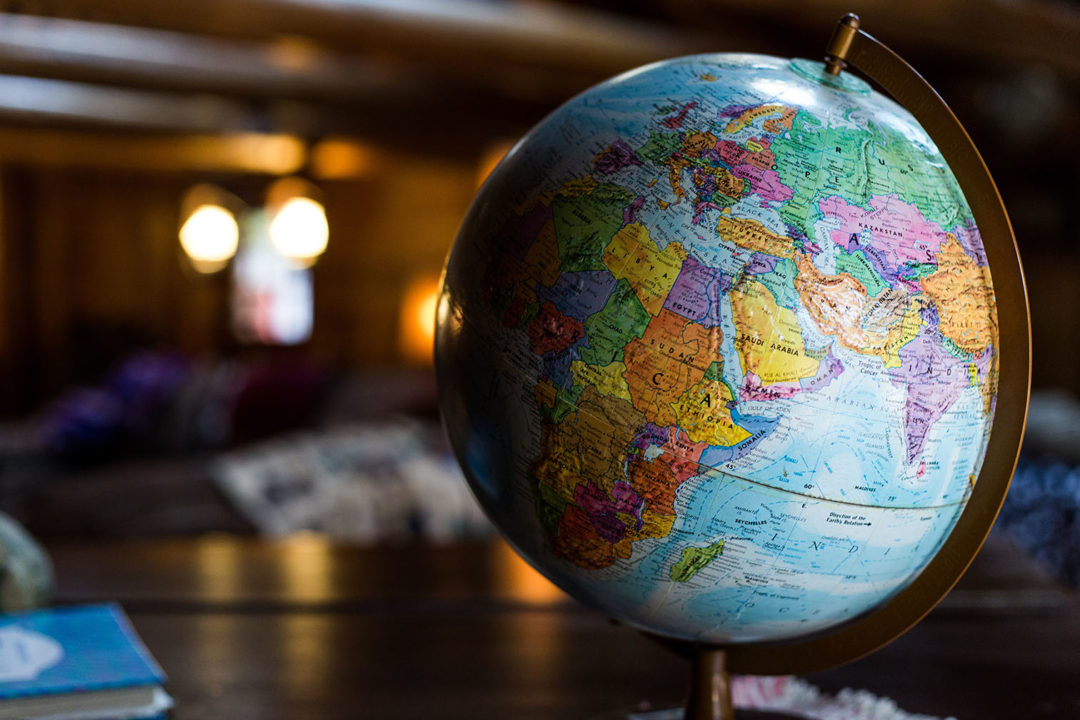
International trade mark protection
If you are going to market products and/or services in markets outside Sweden, it is important that you apply for international trade mark protection. Not only to secure the intellectual property rights to what you sell, but also to not risk unknowingly infringing an already registered foreign trade mark.
What does international trade mark protection involve?
International trademark protection, just like trade mark protection in Sweden, is about ensuring the exclusive rights of use for things that specifically characterize your particular products or services. For example, it can be a specific logo, a font, a product design, or a signature sound.
Since a Swedish trade mark registration only applies within Sweden, it is important that you apply for international trade mark protection if you intend to sell your goods or services on foreign markets. It is also important to obtain trade mark protection in the country where you may manufacture.
The application can be made in three different ways depending on whether you wish to protect your trade mark in one country alone, within the EU, or globally.
Different registration requirements for different countries
International trade mark protection is obtained by registering your trade mark in the foreign market or markets on which you are going to market your goods and/or services. The application process is quite similar in most markets, but some countries have their own specific requirements for who is permitted to register a trade mark and the process involved. For example, you may need to have a partner or other local contact in the country, which understandably takes time to establish and makes it a difficult requirement to meet.
PROTECT YOUR BUSINESS
How to protect your brand abroad
Depending on where you wish to obtain trade mark protection for your products or services, your application should be sent to different authorities.

Helpful information about trade mark protection abroad
- International trade mark protection can be obtained in the countries and intergovernmental organisations that are parties to the Madrid Protocol.
- Your international trade mark registration is linked to your Swedish registration for five years from the date it takes effect. This means that any changes in your Swedish registration – the so-called basic registration or application – also affect the international registration for your trade mark. Examples of changes can be a new list of goods or services, or if trade mark protection is terminated.
- Trademark protection outside of Sweden can only be obtained if there is not already a similar or identical registered trade mark in the markets and within the trademark classes you are applying for.
We can help you protect your trade mark internationally
Do you want help applying for trade mark protection outside of Sweden? Get in touch with us at Abion. Our trade mark experts can be of service with everything from a preliminary investigation to application and further management of your approved trade mark registration.
FAQ about international trade mark protection
While it's technically possible to file on your own, trademark opposition is a legal procedure — not just an administrative form. Without expert legal guidance, your case may be dismissed due to technical errors or weak argumentation. Our attorneys ensure your opposition is both compliant and strategically strong.
If the opposition window closes, options become much more limited. You may still be able to challenge the trademark through a cancellation action — but this is typically more complex, time-consuming, and expensive. Acting early is always your best chance.
To file an opposition, you must submit a formal notice with legal arguments and supporting evidence to the relevant trademark office. Each jurisdiction has its own format and requirements. At Abion, we handle the entire process for you — from building the legal case to managing all deadlines and filings.
Yes, but you need to understand and follow the local rules. Each jurisdiction (EU, US, UK, etc.) has its own timelines, procedures, and legal standards for opposition. Abion’s international legal team handles cross-border oppositions, tailoring strategies to each region.
Success depends on multiple factors, including the similarity of the marks, the goods or services involved, your prior rights, and how well the case is argued. At Abion, we maintain a 90% success rate in EUIPO oppositions by only pursuing cases with strong legal grounds and clear commercial justification.
Do you want to know more about international trade mark protection?
Contact us and we’ll tell you more!
